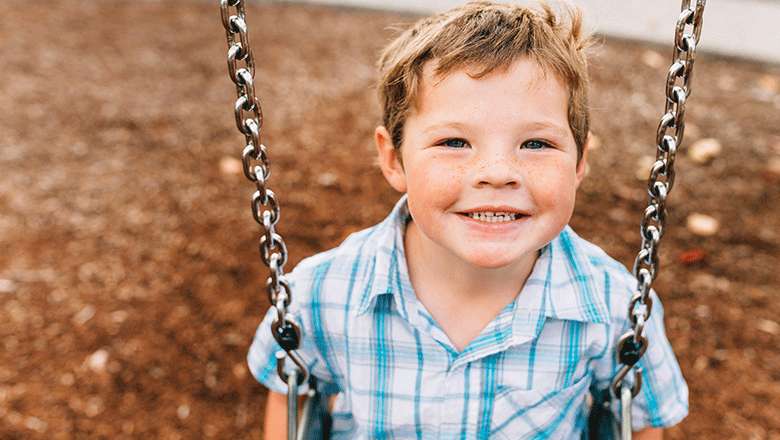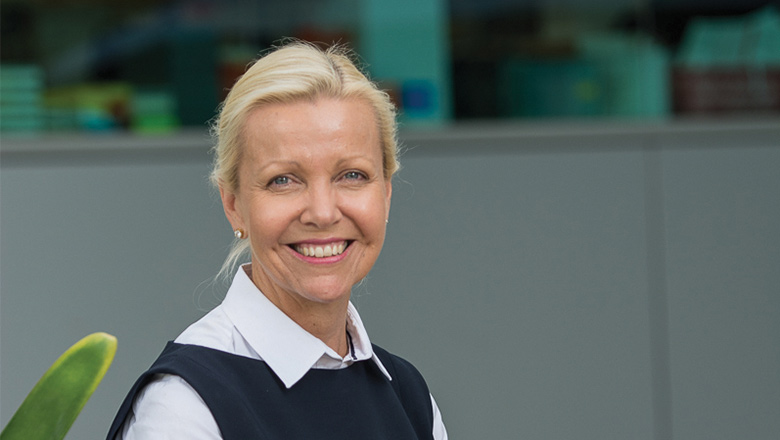Search

News & Events
Starting & staying on track10 years of work guided by The Kids Research Institute Australia has resulted in huge improvements in the development of Aboriginal children at the start of school.

News & Events
New research partnership to ensure no child gets left behindResearchers will track the progress of 12,000 children from birth to age five to identify what services are valuable to families to support the health and wellb
Research
Breastfeeding and early child development: A prospective cohort studyBreastfeeding has been associated with multiple developmental advantages for the infant; however, there have also been a number of studies that find...
Research
Birthweight and the risk of childhood-onset type 1 diabetesWe investigated whether children who are heavier at birth have an increased risk of type 1 diabetes
Research
The ARC Centre of Excellence for Children and Families over the Life Course (Life Course Centre or LCC)The Life Course Centre is a national centre funded by the Australian Research Council Centre of Excellence Scheme and hosted through the University of Queensland with collaborating nodes at the University of Western Australia, Sydney University and University of Melbourne.
Research
Birth outcomes and academic achievement in childhood: A population record linkage studyThis study used population-based record linkage to examine the association between early life risk factors and academic achievement.
Research
Herpes simplex virus in infancy: Evaluation of national surveillance case captureAs herpes simplex virus in infancy is not a mandatory notifiable condition in Australia, completeness of ascertainment by the Australian Paediatric Surveillance Unit (APSU) has been difficult to evaluate to date. We evaluated case capture in Queensland and Western Australia using statewide laboratory and clinical data and complementary surveillance data collected via the APSU.
Research
Respiratory Viral Testing Rate Patterns in Young Children Attending Tertiary Care Across Western Australia: A Population-Based Birth Cohort StudyBelaynew Christopher Peter Hannah Minda Huong Taye Blyth Richmond Moore Sarna Le MD, MPH, PhD MBBS (Hons) DCH FRACP FRCPA PhD MBBS MRCP(UK) FRACP OAM
Research
ORIGINS: Nutritional Profile of Children Aged One Year in a Longitudinal Birth CohortDietary intake during the first year of life is a key determinant of a child's growth and development. ORIGINS is a longitudinal birth cohort study investigating factors that contribute to a 'healthy start to life' and the prevention of non-communicable diseases.

News & Events
Key appointments to drive early childhood collaborationLeading child health researcher Professor Donna Cross has been appointed as Director of the new Early Childhood Development and Learning Collaboration, hosted b
